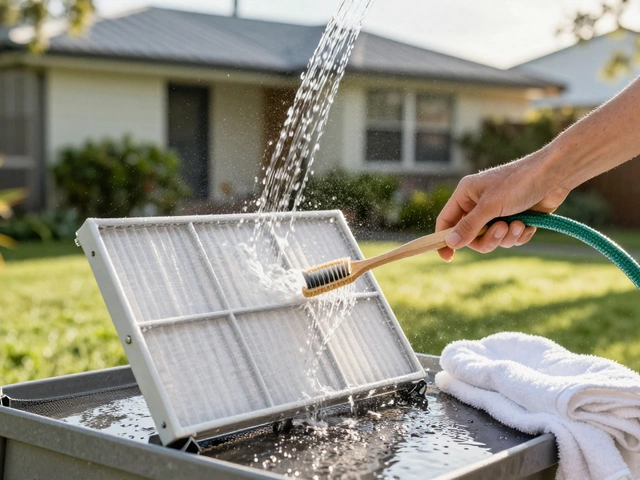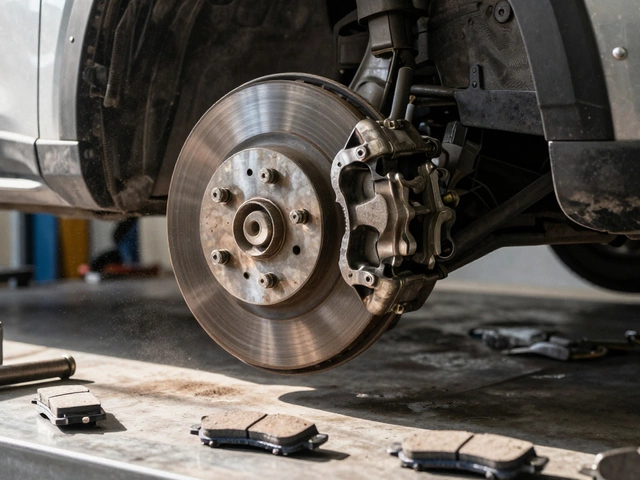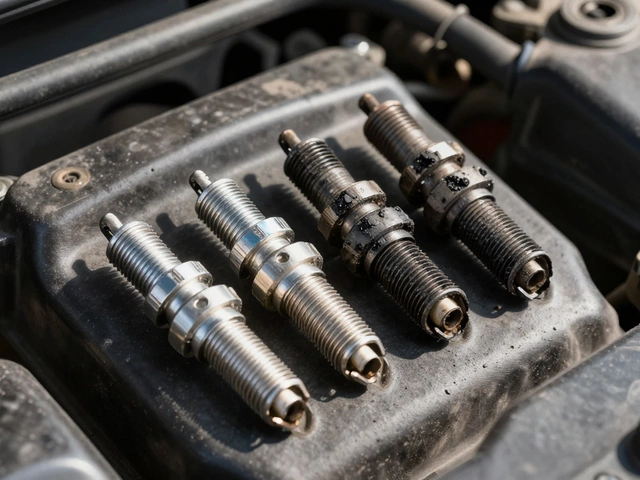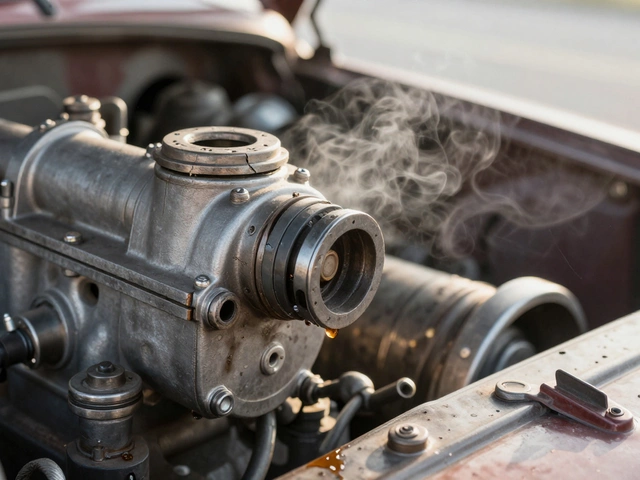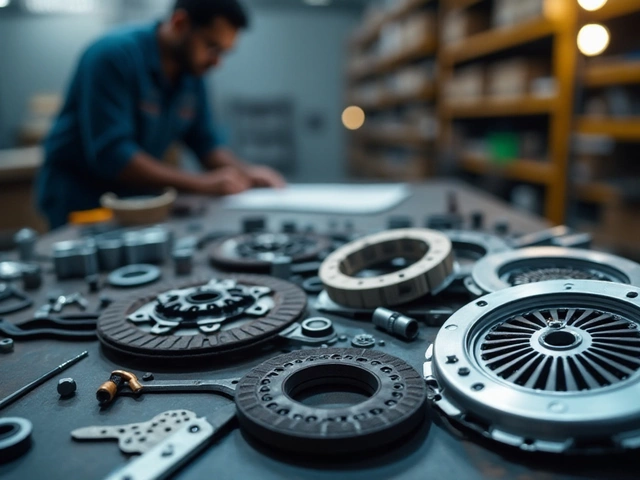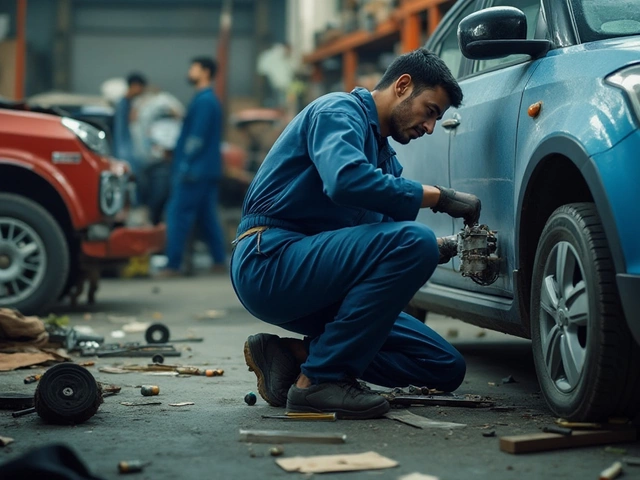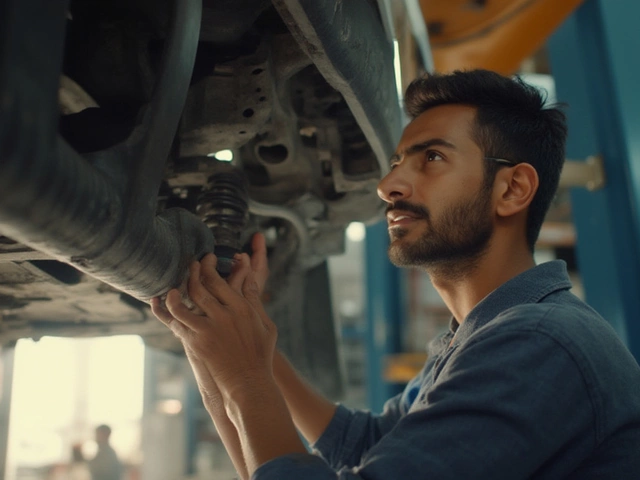Efficiency Hacks for Your Car – Keep It Running Smooth & Cheap
Ever wonder why your fuel bill keeps creeping up even though you drive the same miles? The answer isn’t always a big engine upgrade – it’s often tiny habits and low‑cost fixes that make a big difference. Below you’ll find straight‑forward steps you can take today to squeeze more mileage out of every tank and keep your ride in top shape.
Simple Maintenance Moves That Save Fuel
First up, keep your tires at the right pressure. Under‑inflated tires create extra rolling resistance, which can shave 3–4% off your fuel economy. Grab a cheap gauge and check them once a month, especially when the weather shifts.
Next, stick to the recommended oil change interval. Using the right viscosity oil reduces internal friction, letting the engine work smoother. If you’re still doing a full oil change every 3,000 miles, consider modern synthetic oils that let you stretch it to 7,000–10,000 miles without sacrificing protection.
Don’t forget the air filter. A clogged filter starves the engine of oxygen, forcing it to work harder. Swapping in a fresh filter can bump mileage by up to 10% on older cars. It’s a $15 part and five minutes of work – worth every cent.
Finally, check your spark plugs. Worn plugs cause misfires, which waste fuel and can damage the engine over time. Replacing them every 30,000–50,000 miles keeps combustion clean and efficient.
Smart Upgrades for More Power without Wasting Gas
If you’re already on top of basic maintenance, think about targeted upgrades. A cat‑back exhaust or a 3‑inch exhaust, as described in our recent guides, can improve exhaust flow and free up a few horsepower. More power doesn’t have to mean more fuel – the engine can produce the same output with less effort.
Upgrading to a performance clutch can also help. A good clutch transfers power more directly, reducing slippage and the extra fuel burn that comes with it. Our clutch testing guide shows you how to know when it’s time for an upgrade.
Switching to alloy wheels might sound like a style move, but lighter wheels reduce unsprung weight, meaning the engine doesn’t have to work as hard to spin them. Just watch for hidden costs like balancing and possible repairs.
Finally, consider a tune‑up or ECU remap that optimizes fuel maps for your driving style. Many drivers see a 5–7% boost in MPG after a simple software tweak, especially if they run the car mostly in city traffic.
Put these tips together and you’ll see a noticeable dip in your fuel expenses while still enjoying a lively, responsive ride. The key is to start with the easy, low‑cost items and then move on to upgrades that match your budget and goals.

Does Changing Your AC Filter Improve Performance?
Changing your AC filter regularly can significantly enhance its performance and efficiency. A clean filter ensures better airflow, reduces energy consumption, and improves air quality. Neglecting this maintenance task may lead to higher bills and potential AC breakdowns. Understanding the right type of filter to use and the ideal replacement frequency can lead to a cooler and more cost-effective home environment.
CONTINUE READING